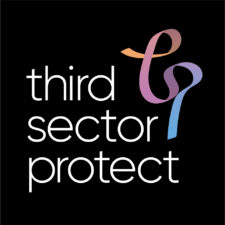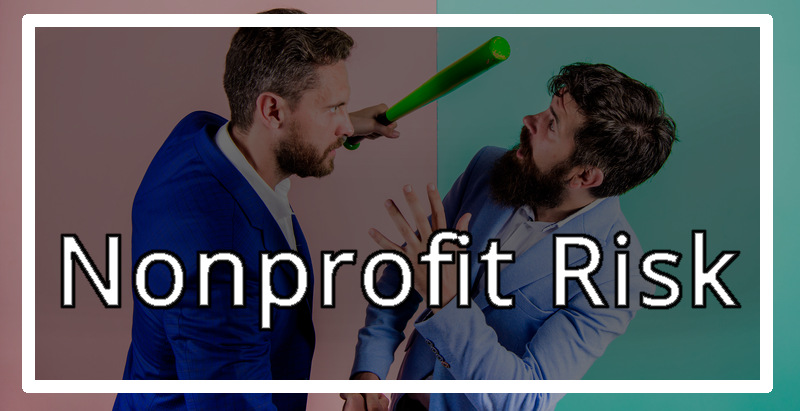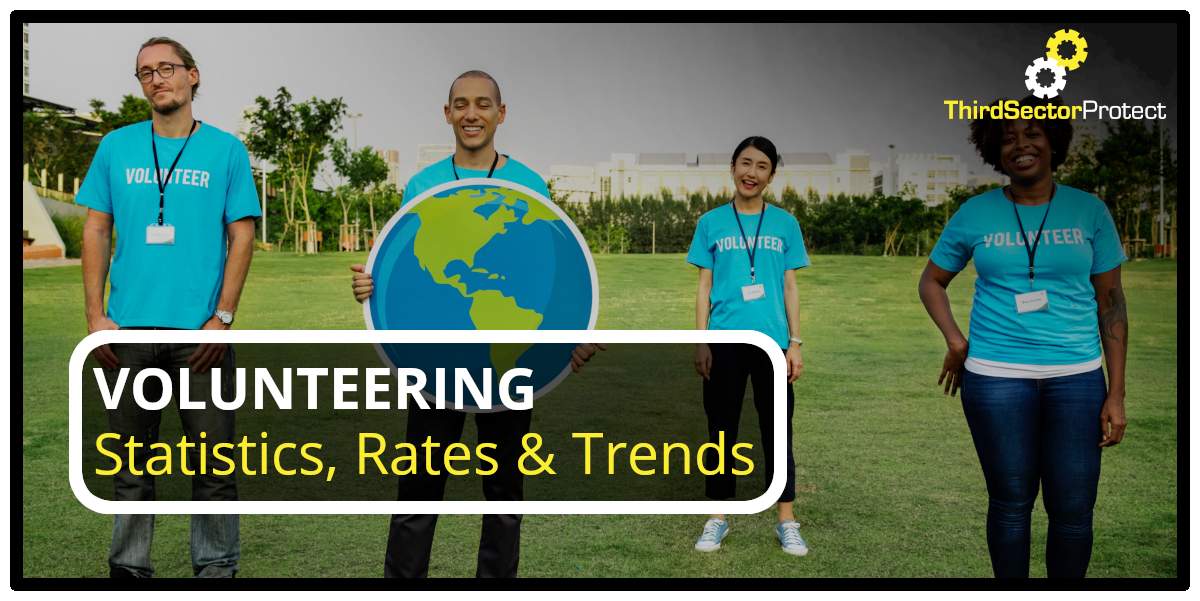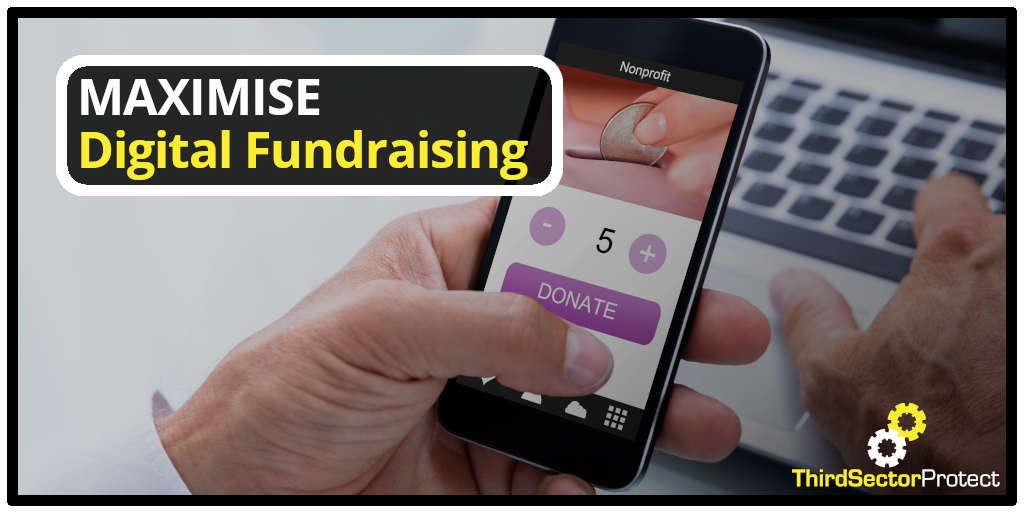
Six warning signs of fraud within your charity
Charities of all shapes and sizes are susceptible to fraud. The repercussions of fraud can be vast, resulting not only in financial losses but also reputational damage. Trustees have a responsibility to safeguard their charity’s money, so they should be alert to all the warning signs of fraud and understand how it could affect their organisation. There are various types of fraud, many of which are notoriously hard to detect. Fraud could be committed by the charity’s own volunteers or employees, or by an outsider. Here is a list of suspicious activities to look out for.
1) Look out for any letter or email that appears to be from an organisation or individual you regularly make large payments to, telling you they now have a different bank account.
Fraudsters might have hacked into their emails and stolen their identity. They will often use the same bank branch but it will be their personal account. Even if the email comes from the recognised email address, has all the same letterheads, the same signature and has been sent at a time when payment is almost due, it could still be a fraud. Be sure to contact someone at the organisation you make the payments to and check whether it is a genuine request.
2) Are there any unusual or suspicious outgoings?
These could be signs of false or inflated expenses. Ensure there are thorough internal controls to look through all accounts, searching for discrepancies.
3) Be aware of donation scams
There are a number of donation scams, but an increasingly common one is when a charity is told it will receive a large donation (£10,000, say), but only on the basis that a significant proportion of this amount is transferred to another charity overseas (perhaps £5,000). However, the overseas charity’s bank details are in fact the fraudster’s (often foreign) personal account.
The money ‘donated’ to the charity by the fraudster is actually from a stolen credit card, and when the credit card company realises the card has been compromised, the charity is liable for the full amount (£10,000), in addition to having (unwittingly) been involved in money laundering. Charities should look out for unusually large donations or any complex terms and conditions – especially when another charity is involved – and be wary of donations made in foreign currencies.
4) Has a raft of new suppliers been added to your accounting system lately?
This could be a sign of invoicing fraud, where false invoices from fabricated suppliers are submitted by staff and paid without question. The fabricated suppliers’ bank accounts to which the money is transferred, are usually the fraudulent staff member’s personal account.
5) Look for abnormal or unusual behaviour from your staff or volunteers
For example, are they trying to put off audits or work reviews? If only one person is in control of the entire financial process, try to work out if they are reluctant to accept assistance, and be aware if the financial information presented to the board of trustees suddenly changes or becomes more complex.
6) Look for other unexpected transaction activity
Such as a high number of cancelled cheques or irregular frequency and times of transactions. Duplicated payments are another tell-tale sign of fraud: upon receiving an invoice, the fraudster will create a second, false invoice from the same supplier to the same value. The first invoice is paid to the supplier as per normal, but the second, fraudulent invoice is paid to the individual’s personal bank account. Without controls this can be difficult to detect – the supplier has been paid, so they won’t raise concerns. Stringent audits and assigning department-specific owners to invoices can help deter would-be fraudsters from taking advantage.
For any help or advice contact us, our experienced team members are experts in advising small charities on the best protection available. Find out more on 0800 877 8277 or use our online form to be contacted by a member of the ThirdSectorProtect team.







